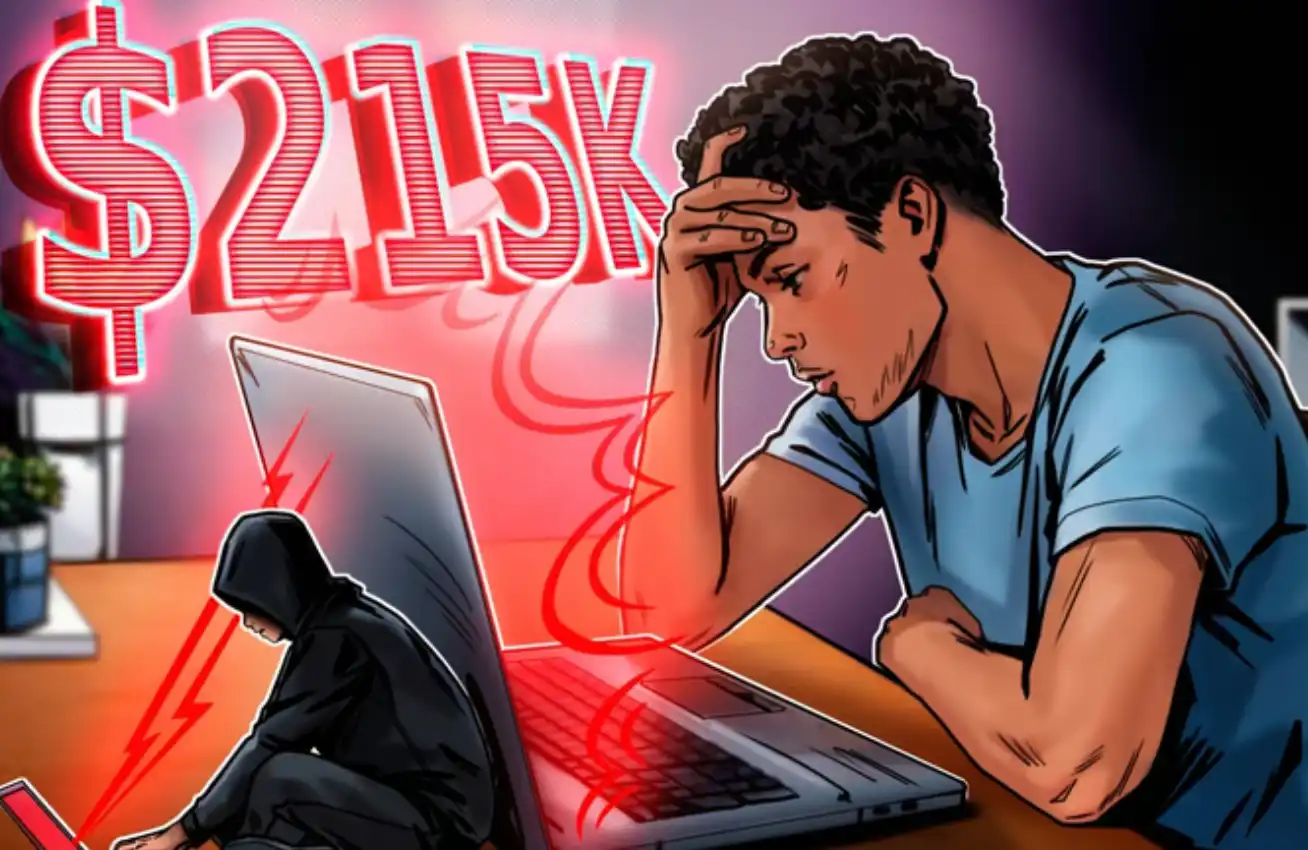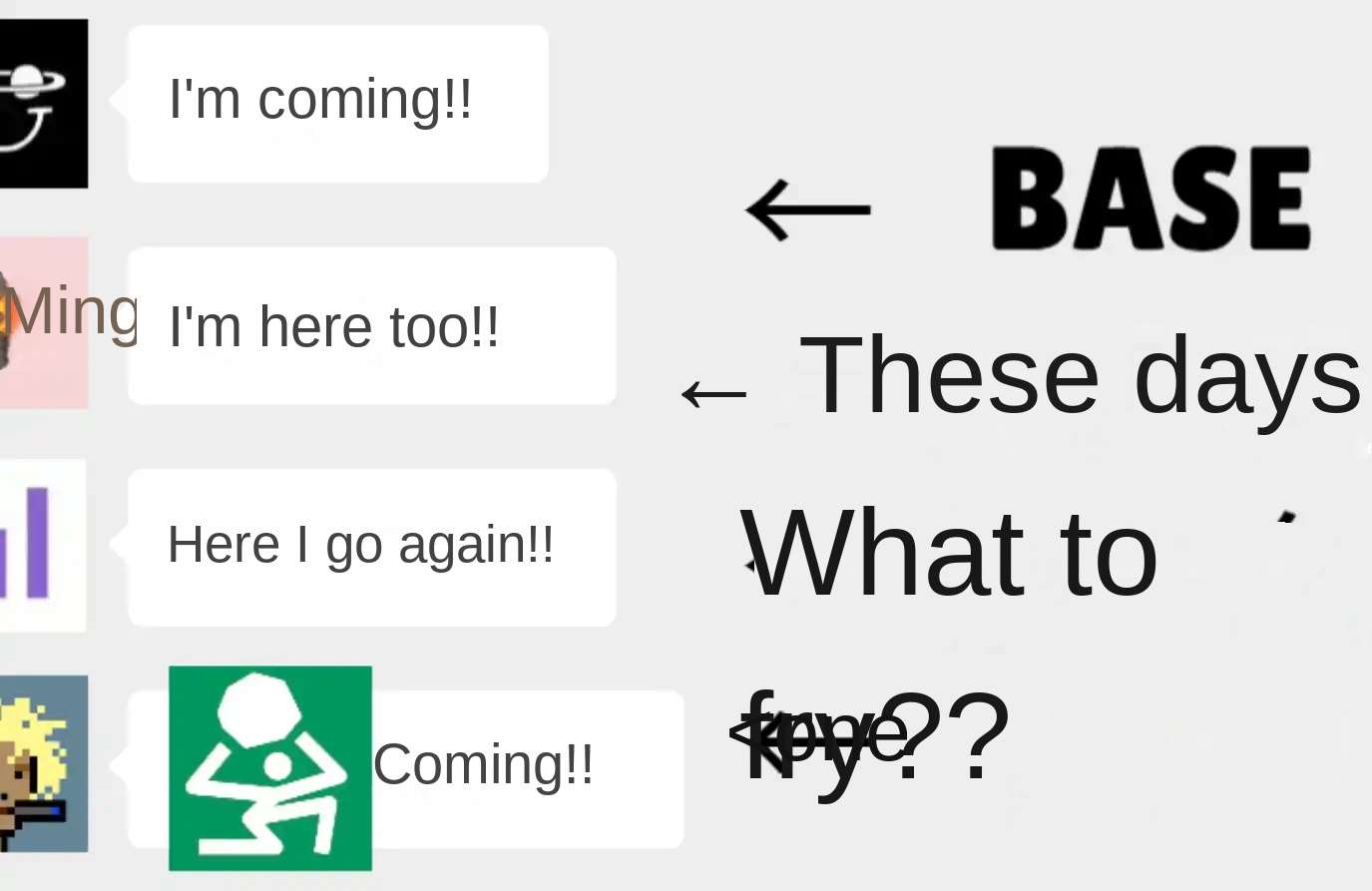Still holding $1.9 billion: Uncovering the causes and consequences of the German government’s Bitcoin sell-off

Original title: "Why is Germany Selling Hundreds of Millions in Bitcoin?"
Original author: Coinpedia
Original translation: Ludong Xiaogong, BlockBeats
Editor's note:
In recent years, with the rapid development of cryptocurrency, Bitcoin has gradually become an important part of the global financial market. As a decentralized digital currency, Bitcoin has not only attracted the attention of a large number of investors, but also begun to enter the vision of governments around the world. As one of the world's economic powers, Germany's recent series of Bitcoin operations has attracted widespread attention. This article explores in detail the background, process and impact of the German government's recent large-scale sale of Bitcoin, and has sparked heated discussions on whether Bitcoin should be held as a strategic asset.
Should the government hold Bitcoin as a strategic asset?
For several weeks, the German government has been actively selling large amounts of Bitcoin, causing the value of the global cryptocurrency market to continue to decline. This strategic move has been a key factor in Bitcoin’s recent sharp price decline, which on Friday hit its lowest level since February 2024.

Seizure and Sales Timeline
In mid-January, police in the German state of Saxony seized nearly 50,000 bitcoins, then valued at about $2.2 billion, from the now-defunct movie piracy site Movie2k.to. The massive bitcoin hoard, managed by Germany’s Federal Criminal Police, has attracted widespread attention for its size and legal implications.
Despite recent sales, Germany’s Federal Criminal Police still holds about 32,488 bitcoins, currently valued at about $1.9 billion.
Detailed sales data

Throughout June and July, the German Federal Criminal Police Office (BKA) gradually sold part of its Bitcoin reserves. In June, 900 Bitcoins were sold for a total of approximately $52 million, followed by another 3,000 Bitcoins worth approximately $172 million and another 2,739 Bitcoins worth approximately $155 million.

Impact on sentiment
James Butterfill, head of research at CoinShares, noted that while the actual impact of these sell-offs on the market was "relatively small," they significantly affected sentiment. Despite these sell-offs, Bitcoin has still achieved an 89% increase in value over the past year, reflecting the high volatility of cryptocurrencies amid regulatory actions.
Debate on strategic reserves

The decision to sell Bitcoin has sparked quite a bit of controversy. German Bundestag member Joana Cotar has criticized the government's strategy, advocating for holding Bitcoin as a strategic reserve currency. Cotar's views reflect an ongoing debate within German politics about the long-term implications of divesting such a valuable digital asset.

Future Impact
Global markets are watching closely as Germany continues to explore its approach to cryptocurrency holdings. The remaining Bitcoin reserves held by the BKA remain a focus of attention for investors and regulators, influencing discussions around digital asset management and financial strategies.
Germany’s proactive stance on Bitcoin sales highlights the broader debate around digital asset management and the government’s financial strategy. As market reactions and political discussions continue, the impact of these decisions is not limited to domestic settings, but has far-reaching implications for global cryptocurrency markets and investor sentiment.
Welcome to join the official BlockBeats community:
Telegram Subscription Group: https://t.me/theblockbeats
Telegram Discussion Group: https://t.me/BlockBeats_App
Official Twitter Account: https://twitter.com/BlockBeatsAsia
 Forum
Forum OPRR
OPRR Finance
Finance
 Specials
Specials
 On-chain Eco
On-chain Eco
 Entry
Entry
 Podcasts
Podcasts
 Data
Data


 Summarized by AI
Summarized by AI







